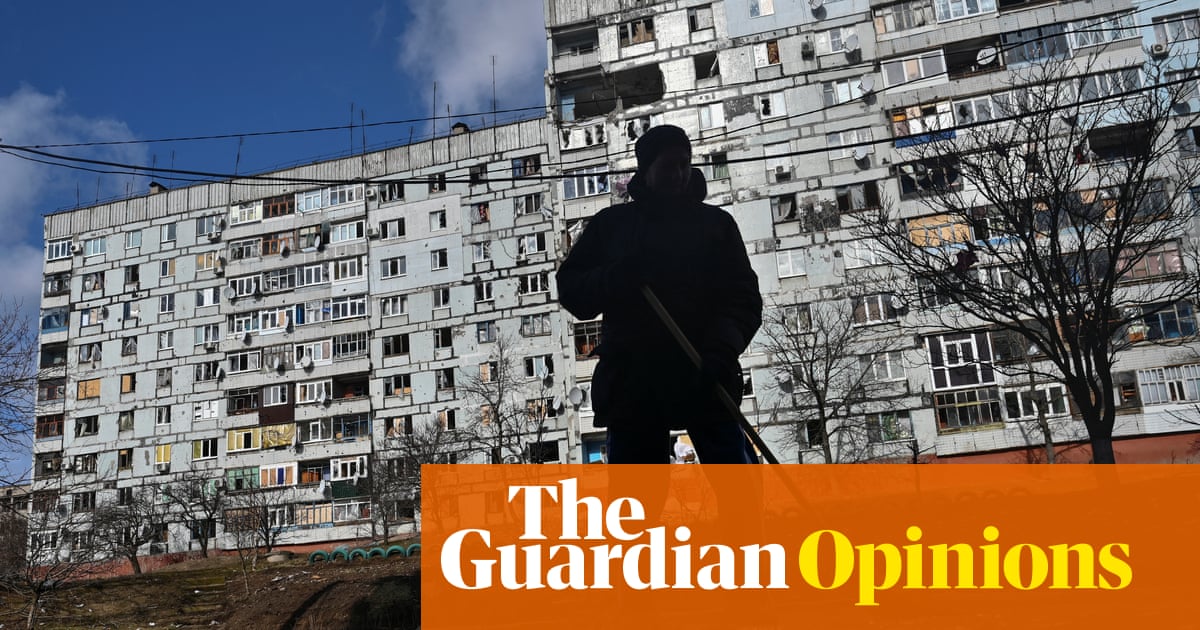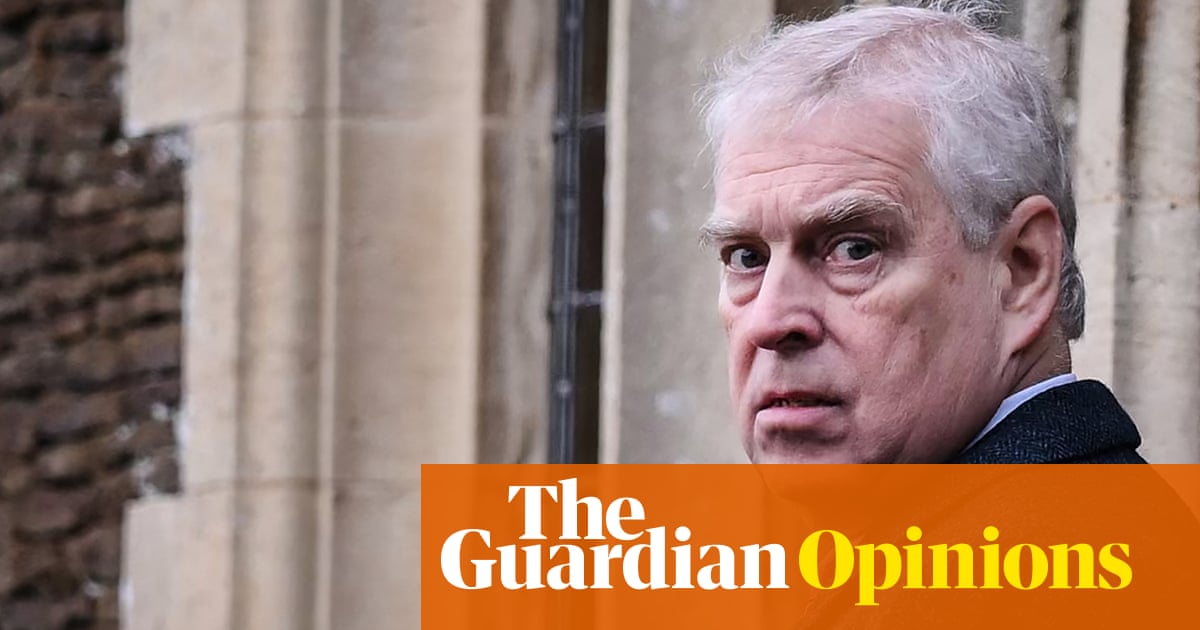
After a year of war, audiences around the world are used to seeing news from Ukraine nearly every day. They have seen the horrors of the conflict, and the surprising resilience and success of the Ukrainian resistance. But sometimes the view of the actual people and society beneath the military conflict is lost. Ukraine is more than just a place where a war is happening. The country moves forward and faces corruption, emigration and economic issues, and questions of pay and gender-based rights, just like anywhere else.
I cover all these things as a reporter based in Kyiv. One change I’ve noticed over the past year is that people’s desire for justice at home has not diminished. If anything, it has got stronger – and rightly so, since most citizens are risking their lives to fight the genocidal threat posed by Russia. People have such a personal stake in Ukraine’s future, they are more sensitive than ever about what kind of country we are becoming, and how things should be after the war.
Two recent events illustrate this shift. The first was the reaction to videos of wartime parties in Kyiv, made by young Instagram influencers, that allegedly showed women being raped while intoxicated. When the Ukrainian TV presenter Yaroslava Kravchenko drew attention to the videos on her own Instagram page, there was immediate outrage – not just at the incident itself, but at the fact that people could behave this way in wartime.
Ukraine’s authorities haven’t always taken gender-based violence as seriously as they should, but the outrage prompted the authorities to make swift arrests. President Zelenskiy thanked the police in one of his nightly televised addresses. “When society cares and is united, we can do a lot together,” Kravchenko posted on Instagram.
The second incident, which is better known internationally, was the exposé by an investigative journalist of corruption at the ministry of defence, which was found to have bought food for the military at almost three times market prices. Corruption scandals are nothing new in Ukraine, but as with the Instagram videos, this one prompted similar widespread outrage and demands for action.
At the same time, there are more obstacles to justice than ever – not only because of the external threat from Russia, but because the war has thrown up internal barriers and tensions between the Ukrainian authorities and the people they are supposed to represent.
While Ukrainians place their highest degree of trust in the army, the Ukrainian government is not always applauded for its actions. The government has used the state of emergency to push through reforms that had previously been subject to intense public scrutiny and opposition. This includes the temporary removal of collective bargaining agreements over issues such as pay and holidays for employees of small and medium-sized companies, and a law on urban planning that gives almost unlimited rights to property developers, with little public oversight.
In 2019, when the same government tried to pass a bill that would have stripped workers of many of their basic rights, trade unions opposed it with mass protests. This bill is back too, but trade unions will have a harder time fighting it this time around because protests are now banned under martial law.
People are willing to tolerate some unpopular measures – for instance, an increase in criminal penalties for soldiers who disobey orders, and a cut to some military benefits – since there is a general understanding among Ukrainians that internal conflict might benefit Russia. But holding the government to account and demanding better, even during tough times, is a Ukrainian tradition.
Despite the ban on protests and public gatherings, some citizens have been working to draw attention to injustices that might otherwise be overlooked amid the war. One of the most prominent is the campaign by the families of prisoners of war, who feel they are not being listened to by the authorities. Information about the fate of Ukrainian PoWs is tightly controlled and families are told not to draw attention to their loved ones in case it increases their value in prisoner exchange negotiations with Russia.
Many families believe this is an excuse for inaction: “If we remain silent, they will leave our Ukrainian prisoners there,” I was told by Angelika Kalashnikova, the sister of a captured soldier from the 93rd brigade, when I reported on the issue last year. The families of PoWs have found each other through social media, and organise rallies to put pressure on the authorities.
Last year also saw a successful strike by miners in western Ukraine, protesting over the government’s decision to reappoint managers who had previously been accused of corruption and dismissed. And just like in the UK, healthcare workers have been campaigning against austerity measures in hospitals after market-driven reforms led to closures and redundancies last year. There may well be more protests if wider proposals to cut the salaries and numbers of state employees go ahead.
The way that Ukrainians fight for a better country during wartime, even with limited options for influencing decision-making, gives hope for its future. People have tried to preserve their right to protest. Notably, a petition for the legalisation of same-sex marriage gathered more than 28,000 signatures last summer – the threshold beyond which the president must formally consider a proposal.
As Ukraine continues to be argued over in international capitals, such initiatives are a reminder that ordinary Ukrainians – and not just their leaders – should have a right to decide their country’s future. Journalists are a part of that fight, too. Despite the war, I and my colleagues have continued to report on grassroots activism and investigate corruption. Our independence must be guaranteed.
Fighting for change in Ukraine during wartime doesn’t undermine its integrity, and shouldn’t be used as a tool to argue against Ukraine’s independence. It is a basic right in an independent country, which people have put their lives on the line for.
Kateryna Semchuk is Ukraine correspondent for openDemocracy, whose oDR project covers politics and society in post-Soviet states












